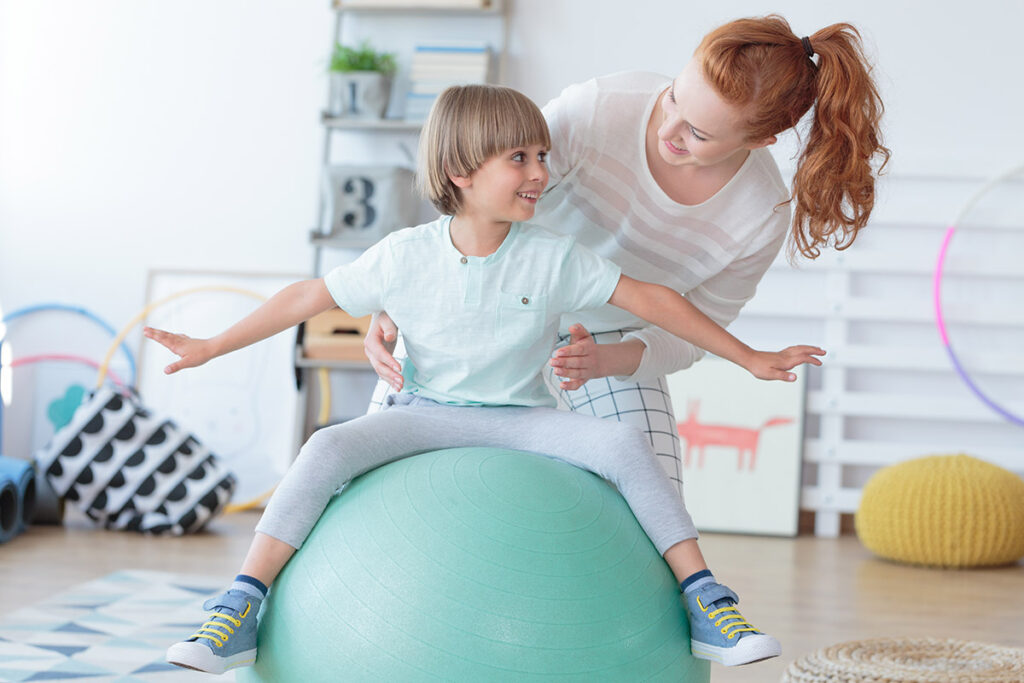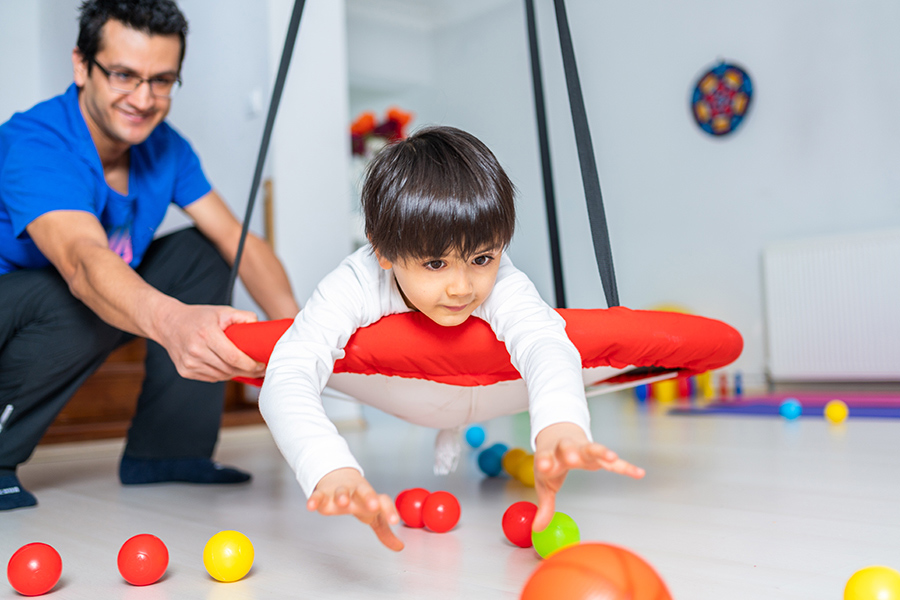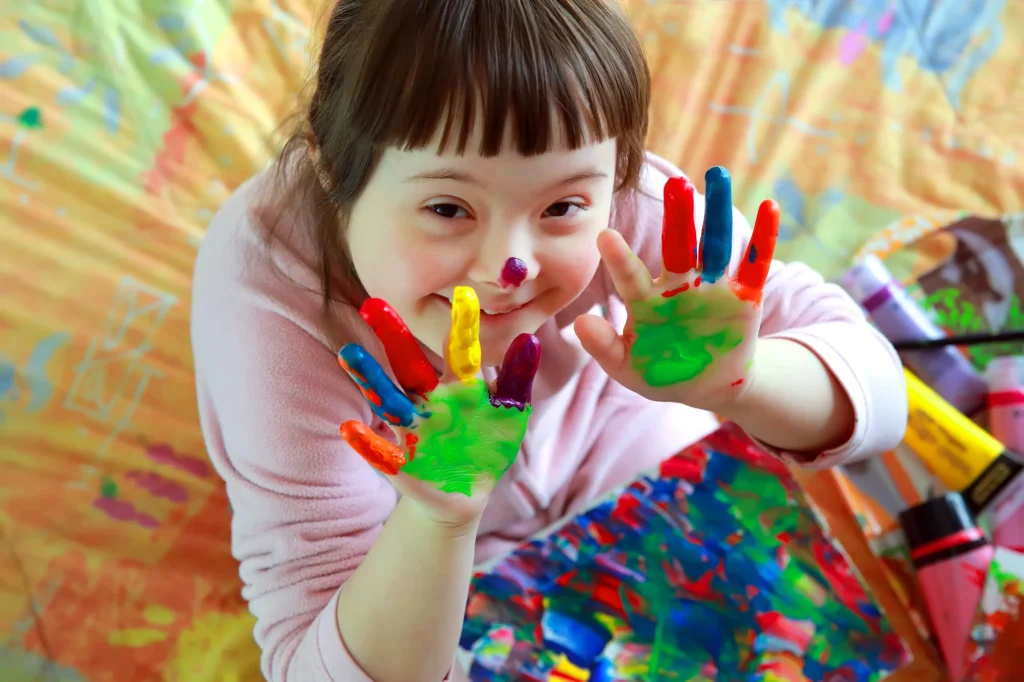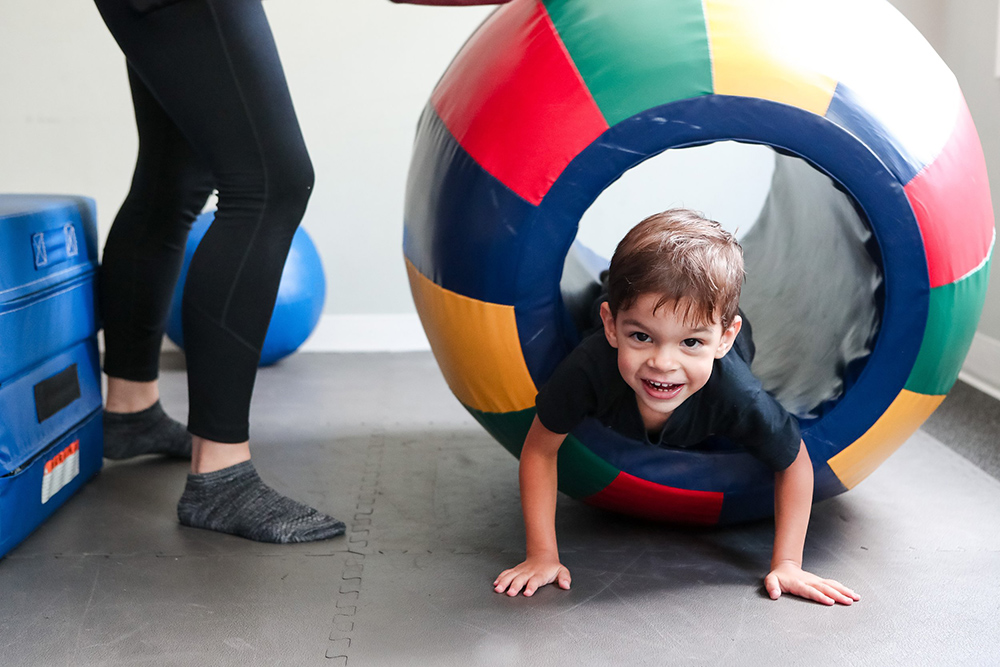Many children find it stressful to part with their parents when they begin childcare or preschool. Because young children find it harder to express themselves, they typically communicate their feelings through their behaviour. Children usually show signs of separation anxiety by clinging to their parents and begging them to “please stay”, or “don’t go”.
Saying goodbye can also cause anxiety to parents, because they want to be involved and watch their children develop and learn new things, a well as be there in case they become upset.
Separation anxiety is a healthy and normal part of your child’s development. Experiencing small amounts of anxiety is normal when you say goodbye and being attached to you as a parent is essential for your child’s emotional, social and psychological wellbeing.
Why Separation Anxiety exists?
- Babies and infants are fully dependent on their parents for the first 18 months of life. However, they need to become more independent as they grow while also having a strong attachment.
- It’s important for children to learn to spend time away from their primary caregiver, so that separation doesn’t upset them every time.
- Coming to terms with separation is an essential part of the process of becoming a distinct individual and learning to develop independence.
- Every child is different, so while some adjust quickly to a new environment, others take much longer.
- How your child responds emotionally when you separate depends on their nature. As a parent, you need to adjust your expectations according to your child’s unique personality.
How to Cope with Separation Anxiety When Children Begin Childcare?
- Establish a regular goodbye ritual which will help your child manage separation better. Some initial suggestions are:
- Check-in with child if they would like goodbyes at gate, door or in the centre every day to help them feel some control.
- Greet the teacher and spend some time with them to show you like and trust each other.
- Sit with your child or explore a short activity to make it easier for them to adjust to the environment and to make the transition easier.
- Let the teacher take your child when they’re comfortable and remember to say goodbye before leaving.
- Slipping out without saying goodbye will make it harder for your child to trust you; avoid hurrying if possible.
- Reassure your child and ensure you will be back around the same time, “just like yesterday”.
- Create a goodbye ritual that could include certain words, a hug, a high five or some of the following:
- Read to your child before you hug and leave
- Draw a picture with your child and let them keep it.
- Stay with your child while they play with a friend
- Give your child a family photo or some other familiar item
- Ask your child to wave to you from the window when you leave
- Follow your ritual every day to make your child feel comfortable and secure.
- When you are ready to leave, it’s best to go without lingering.
- Your child may ignore you when you return to show you that they’re still upset because you left. Remember, your child is happy to see you even though it doesn’t look like that.
Children take time to get used to childcare and the anxiety may come back later when they return after a holiday or time away. There’s no need to be discouraged by this, simply reapply some of the strategies above and normalise their responses.
While it may be difficult to put on a “brave face”, try to adopt a positive, enthusiastic attitude while taking your child to their childcare/learning centre. Demonstrate empathy and show your child that it’s normal to feel anxious or sad about being away from parents. This helps them feels reassured, secure and to develop skills to calm down.
If you would like to learn more about other forms of anxiety disorders and develop the skills to manage them, chat to our friendly EduCare team.




